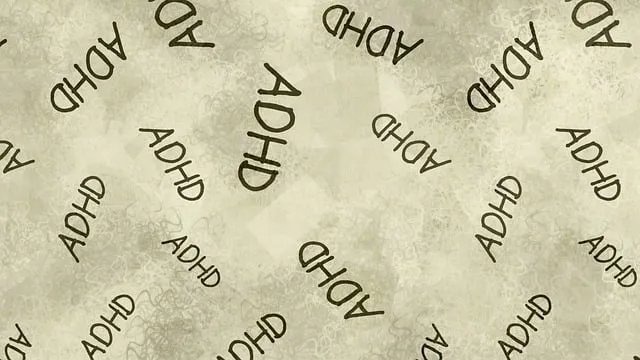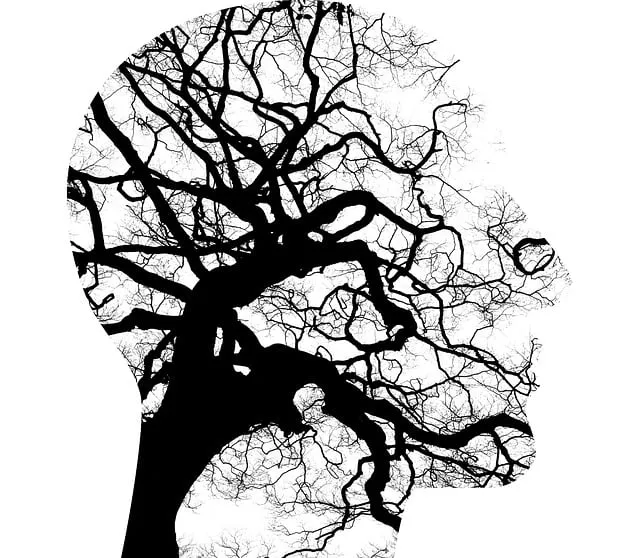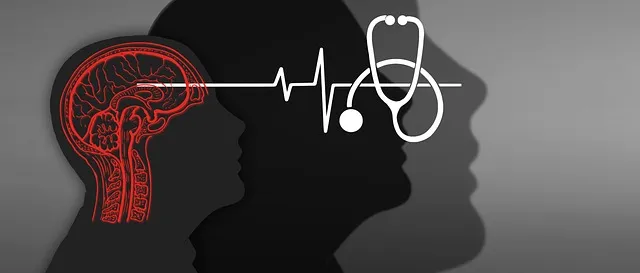The Northglenn Kaiser Permanente mental health access center employs a holistic approach, using the RFM (Risk, Focus, Maladaptation) framework to design Stress Management Workshops. These workshops help individuals develop coping skills and navigate challenges, fostering resilience and community support for mental well-being. By integrating tailored communication, diverse workshop formats, and an emphasis on regular attendees, the center enhances access to care. Utilizing Community Outreach and Mental Health Policy strategies, they select inclusive activities based on local preferences, strengthening emotional well-being in Northglenn residents. The RFM model, encompassing Resilience, Flexibility, and Mindfulness, is measured through engagement, retention, and emotional intelligence improvements, ensuring long-term sustainability.
“The concept of Resilient Front (RFM) has gained prominence in mental health support, offering a proactive approach to fostering resilience. This article explores the transformative power of RFM and its application in community settings, using the Northglenn Kaiser Permanente Mental Health Access Center as a compelling case study. We’ll delve into effective strategies for identifying and implementing resilience-building exercises, providing a step-by-step guide for organizations aiming to enhance mental well-being. Additionally, we’ll discuss measurement techniques to ensure the long-term success of RFM programs.”
- Understanding RFM and Its Impact on Mental Health Support
- The Northglenn Kaiser Permanente Mental Health Access Center: A Case Study
- Identifying Resilience Building Exercises for Community Engagement
- Implementing RFM Strategies: Step-by-Step Guide
- Measuring Success and Long-Term Sustainability of RFM Programs
Understanding RFM and Its Impact on Mental Health Support

At Northglenn Kaiser Permanente mental health access center, we recognize that resilience is a key factor in supporting individuals’ overall mental well-being. Understanding RFM (Risk, Focus, and Maladaptation) provides a framework to effectively target interventions and build coping skills development within our community. By identifying risks and maladaptations, our organization can design Stress Management Workshops that empower individuals with practical self-awareness exercises and effective stress management techniques. These workshops create safe spaces for participants to navigate challenging situations and foster a sense of agency in managing their mental health.
The Northglenn Kaiser Permanente Mental Health Access Center: A Case Study

The Northglenn Kaiser Permanente Mental Health Access Center serves as an exemplary case study for integrating resilience-building exercises and RFM (Recency, Frequency, Monetary value) strategies into mental health care. This center has pioneered innovative approaches to improve emotional well-being promotion techniques and combat mental illness stigma reduction efforts within the community.
By employing tailored communication strategies, the center has successfully engaged individuals with diverse mental health needs. Their programs focus on enhancing resiliencies through interactive workshops and support groups, empowering participants to manage stress and adversity. The RFM model is utilized to prioritize client engagement, ensuring those who attend regularly and contribute financially receive enhanced access to care. This holistic approach not only improves individual outcomes but also fosters a supportive community environment where mental health discussions are normalized, paving the way for more effective long-term solutions.
Identifying Resilience Building Exercises for Community Engagement

Identifying effective resilience-building exercises is a key step in engaging communities, particularly those like Northglenn Kaiser Permanente mental health access centers, which focus on enhancing mental well-being. These centers play a vital role in Depression Prevention and can leverage Community Outreach Program Implementation strategies to select activities that resonate with their target audience. Mental Health Policy Analysis and Advocacy, while important at a broader scale, guides these centers in understanding community needs, ensuring the chosen exercises are inclusive and tailored to foster resilience among diverse populations.
By evaluating local cultural preferences, socioeconomic factors, and existing mental health resources, Northglenn Kaiser Permanente can design programs that encourage community participation and build collective resilience. This personalized approach not only enhances access to mental health support but also empowers individuals with coping mechanisms, ultimately strengthening the overall emotional well-being of the Northglenn community.
Implementing RFM Strategies: Step-by-Step Guide

Implementing RFM (Resilience, Flexibility, and Mindfulness) strategies at the Northglenn Kaiser Permanente Mental Health Access Center involves a step-by-step approach designed to enhance patient well-being. Firstly, assess the current resources and needs of your patient population, focusing on identifying individuals who may benefit most from RFM interventions. This step is crucial for tailoring programs that resonate with diverse mental health journeys.
Subsequently, develop structured sessions incorporating techniques like Mindfulness Meditation and Coping Skills Development. These sessions should be accessible, whether in group settings or through Trauma Support Services tailored to individual needs. By fostering a safe space for exploration, patients can learn effective coping mechanisms, building resilience over time. Regularly review and adapt the program based on patient feedback and outcome measures, ensuring its ongoing relevance and impact.
Measuring Success and Long-Term Sustainability of RFM Programs

Measuring the success and long-term sustainability of RFM (Resilience and Mental Wellbeing) programs is a crucial step in ensuring their effectiveness, especially at institutions like the Northglenn Kaiser Permanente mental health access center. One key metric to track is participant engagement and retention over time. High levels of participation and consistent attendance indicate that the program is resonating with individuals and fostering genuine interest in building resilience. Regular feedback from participants can also offer valuable insights into the program’s impact on their emotional intelligence and overall mental wellness.
Additionally, assessing the integration of RFM practices into daily routines post-program is essential for sustainability. By encouraging participants to apply learned strategies in their personal and professional lives, RFM initiatives become more than temporary workshops—they transform into lasting tools for managing stress and cultivating resilience. This long-term impact can be evaluated through follow-up surveys or interviews, providing a clear picture of how the program contributes to the mental health and risk management planning for professionals in the field.
The implementation of RFM strategies, as illustrated by the success of the Northglenn Kaiser Permanente Mental Health Access Center, offers a powerful approach to building resilience within communities. By understanding the RFM model and its impact on mental health support, we can identify effective resilience-building exercises tailored to local needs. The step-by-step guide provided offers a roadmap for organizations aiming to enhance community engagement and foster long-term mental well-being. Measuring the success of these programs is crucial, ensuring their sustainability and ability to create lasting positive change in people’s lives. This holistic approach, when applied thoughtfully, can revolutionize mental health support, making it more accessible and impactful, especially in diverse settings like the Northglenn Kaiser Permanente center.






